Recent Progress in Medicinal Plants: Phytoconstituents and Biochemical Processes, Volume 35
The use of plants as medicines goes back to early man. Certainly the great civilisations of the ancient Chinese, Indians, and North Africans provided written evidence of man's ingenuity in utilising plants for the treatment of a wide variety of diseases. Plants contain some organic compounds which provide definite biochemical action against various diseases on the human body. The curative properties of drugs are due to the presence of complex chemical substances of varied composition (present as secondary plant metabolites) in one or more parts of these plants. Recently many drugs are invented from the plants against various incurable diseases. Based on this phytochemistry, the present volume has been compiled and aims at providing recent data on potential medicinal properties, action and uses of plants to contribute material in the development of new active compound from plants. The volume contributes 18 research and review communications from 40 eminent scientists from 12 countries namely Belgium, Brazil, China, Congo, India, Iran, Japan, Malaysia, Poland, Turkey, USA and Vietnam. The volume is divided into 18 chapters. The first chapter emphasized the impact of flavonoids on oxidation stress. The other one emphasized natural products which contribute the wound healing process by several mechanisms and play role to induce regeneration of the injured tissue. Here, Turkish traditional medicinal plants have been summarized for the bioactive wound healing activities. It should also be stated in all fairiness that our knowledge of the genetic and biochemical make-up of most of the medicinal plants is not adequate. Special chapter has been included on Molecular Pharmacognosy. Molecular identification has been applied in traditional medicine which has provided an identification basis at the gene level molecular pharmacognosy based on molecular identification technologies. The plant metabolites from Justicia adhatoda, Tylophora indica, Boswellia serrata, Ficus hispida, Alstonia congensis, Berberis, Sapindus, Solanum nigrum, Mentha piperita, Jatropha podagrica are grouped as alkaloids, glycosides, corticosteroids, essential oils etc. in different chapters. A comprehensive review on the inventorization and quality related aspects of fruits and seeds practiced in various systems of medicines like Ayurveda, Siddha, Unani etc. and reviews on the concept of allelopathic of some medicinal plants especially focus on Aloe, Ajwain and Rohida tree are important aspects covered in this volume. This volume will be of interest to a wide range of audience including phytochemist, pharmacologist, microbiologist, pharmaceutical chemistry, ethnobotanist and other medical and research scientists engaged in the search of new drugs of plant origin.
Get it now and save 10%
BECOME A MEMBER
-
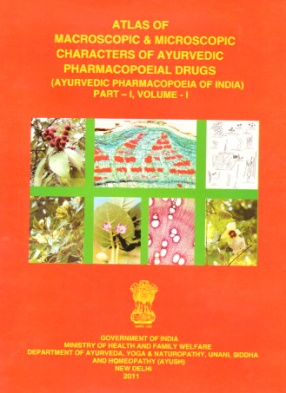
Atlas of Macroscopic & Microscopic Characters of Ayurvedic Pharmacopoeial Drugs: Ayurvedic Pharmacopoeia of India, Part-I, Volume I
-
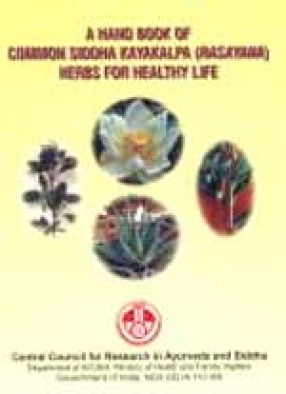
A Hand Book of Common Siddha Kayakalpa (Rasayana) Herbs for Healthy Life
-
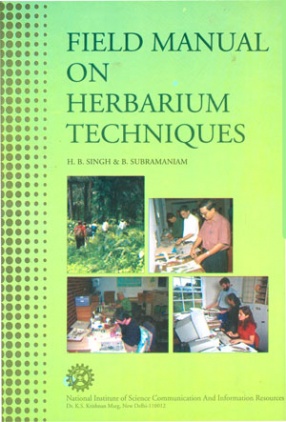
Field Manual on Herbarium Techniques
-
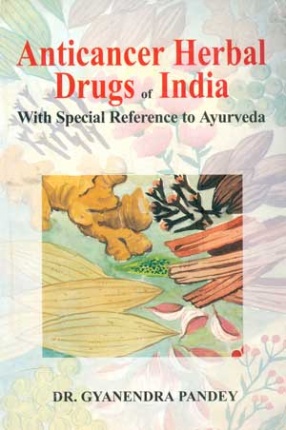
Anticancer Herbal Drugs of India: With Special Reference to Ayurveda

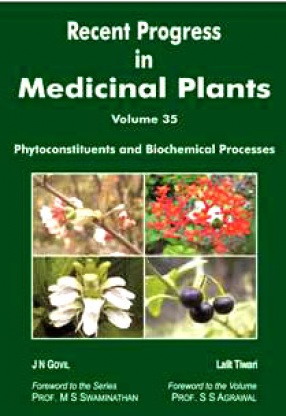
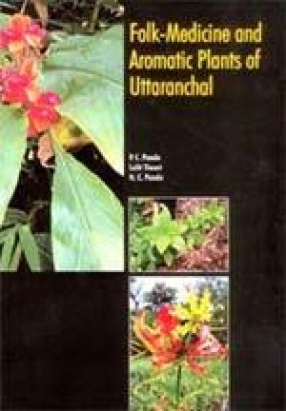
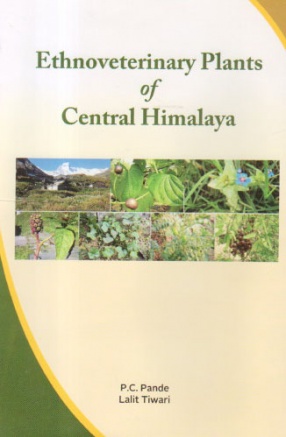

Bibliographic information
Lalit Tiwari